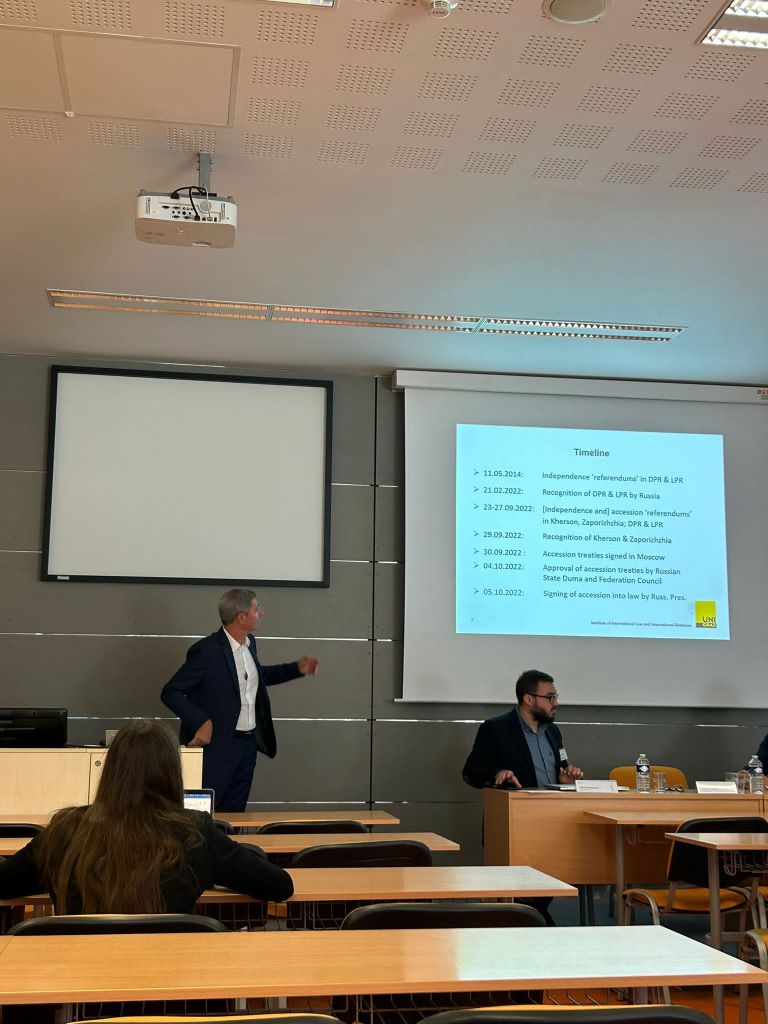Since the adoption of the Charter of the United Nations and its pivotal Article 2(4) prohibition of the use of force, the jus ad bellum regime remains as resilient as it does fragile. Nearly eighty years of state and institutional practice (and the corresponding scholarly commentary) continue to contribute to both its praise and criticism. Challenging crossroads continue, as they may, to plague the jus ad bellum: the invasion of Iraq in 2003, the NATO operation in Libya in 2011, the resurgence of military coups in West Africa, the advancement of cyber and space technology, and the Russian invasion of Ukraine. Has the prohibition of the use of force in Article 2(4) exhausted its nine lives? Is the United Nations Security Council fit for purpose? Has the United Nations ultimately failed to ‘save succeeding generations from the scourge of war’?
These pivotal questions have and continue to be addressed widely in conversation, deliberation, and scholarship. Yet, their contemplation finds neither end nor consensus among scholars in international law. The insurmountable challenges facing the contemporary international legal order pertaining to the use of force rightfully question whether it is facing exhaustion or complete destruction. Or has it already breached this threshold and is entering an era of rebirth?
Die Konferenz wurde in Kollaboration mit dem Centre for International Humanitarian and Operational Law (CIHOL) an der Juristischen Fakultät der Palacký Universität Olomouc sowie der European Society of International Law (ESIL) veranstaltet.
Prof. Erika de Wet eröffnete die Konferenz mit einer Keynote Speech zum Thema „A Future for Collective Security“, in der sie sich kritisch mit dem Konzept der kollektiven Sicherheit, wie es in der UN-Satzung verankert ist, auseinandersetzte. Ass.-Prof. Dr. Pippan beteiligte sich mit einem Panelvortrag zum Thema „Irredentism Under the Guise of Self-determination“, in dem er aus völkerrechtlicher Sicht zu den sog. Annexionsreferenden Stellung nahm, die im September 2022 in der Ukraine abgehalten wurden.


